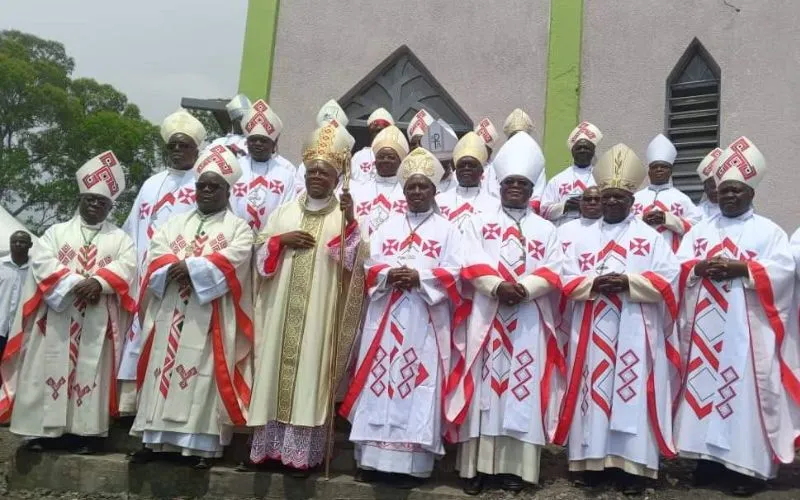Goma, 29 January, 2024 / 8:45 pm (ACI Africa).
Members of the Association of Episcopal Conferences of Central Africa (ACEAC) comprising Catholic Bishops in Burundi, the Democratic Republic of Congo (DRC), and Rwanda have reflected on the security situation in their respective countries and called upon the people of God to foster peace in their respective countries.
In a Sunday, January 28 statement issued following their four-day meeting in DRC’s Kinshasa Archdiocese, ACEAC members lament that “recurrent crises are weakening the social fabric and threatening ecclesial and social cohesion within our countries and increasingly in inter-state relations.”
“Civil wars and massacres have extended to acts of genocide,” they further lament, and continue, “These are unspeakable evils to be warded off with all the energies of faith and reason. We firmly condemn them, and call on all those involved, each in his or her own area of responsibility, to join in building peace.”
ACEAC members describe Christians as “pilgrims of peace … called to multiply the initiatives that build bridges between peoples and unite their hearts, so that peace once again becomes a shared dream, the heart of the education of the younger generations, the foundation of society, and one of the major issues of political debate.”
“In our sub-region, marked by the dark history of genocide and large-scale massacres, we are called to form the ‘City of Peace’, built on mutual acceptance, welcoming people in distress, and facilitating the meeting of hearts, despite differences and disagreements,” the Catholic Bishops in Burundi, DRC, and Rwanda say in their collective statement.








